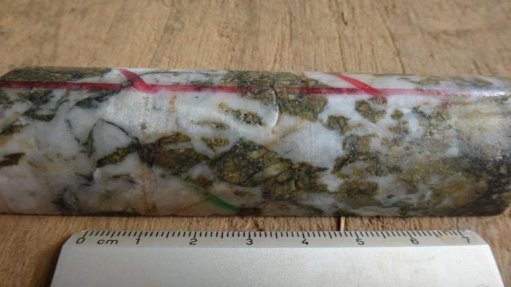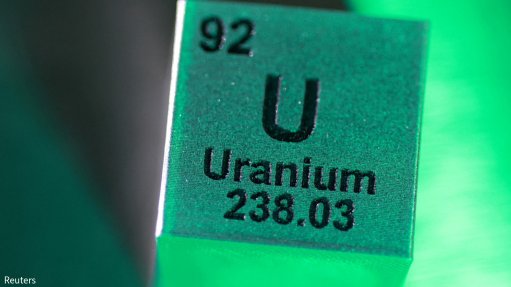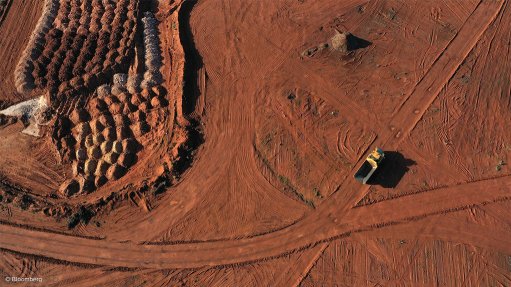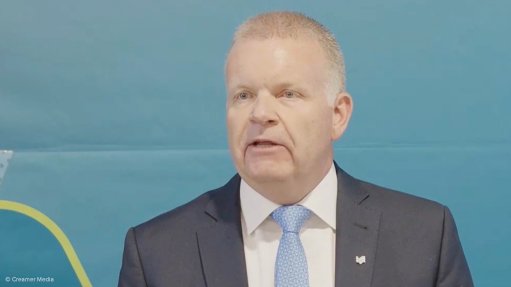Civil Work on Mines requires BCCEI registration – here’s why

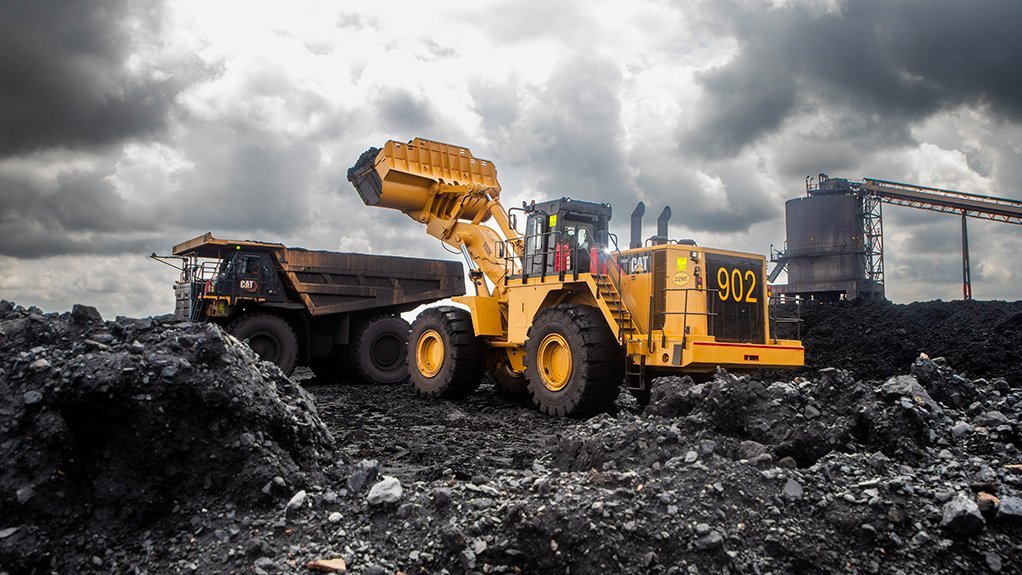
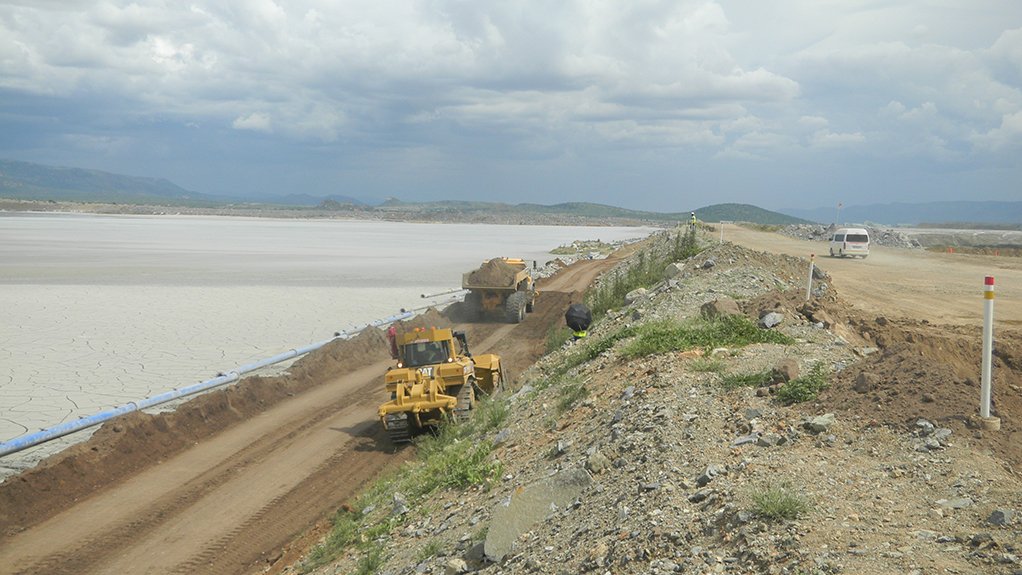
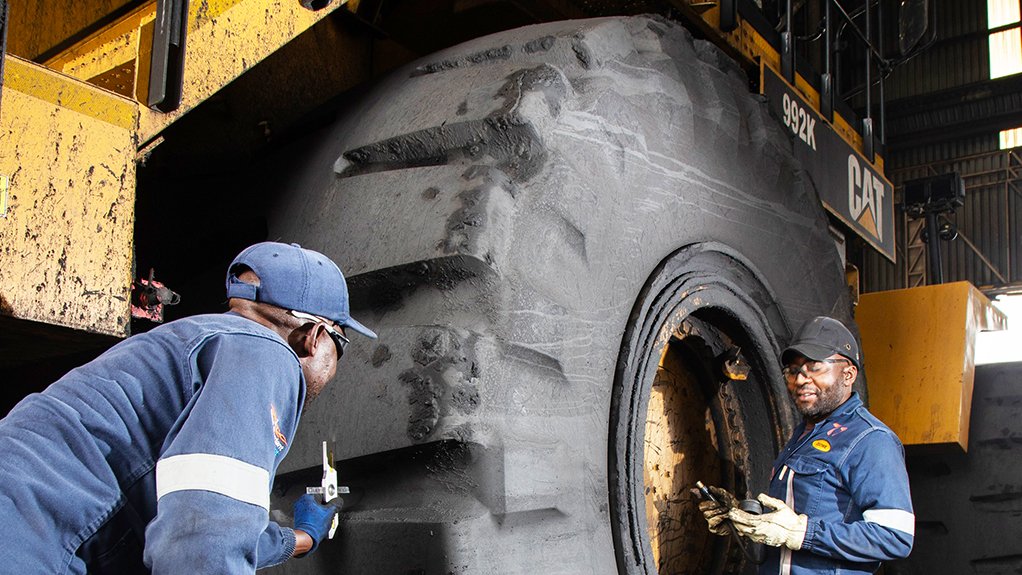
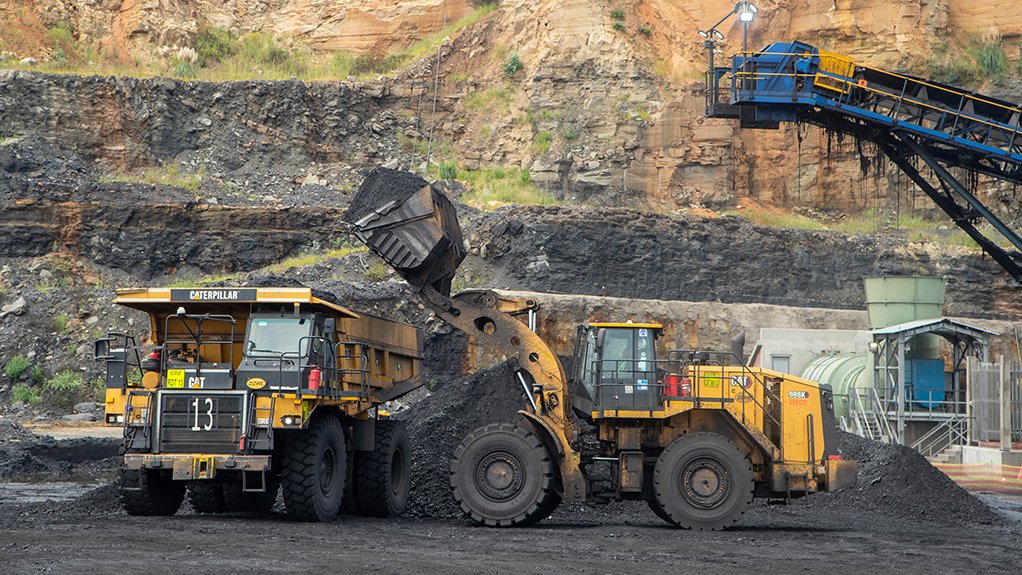
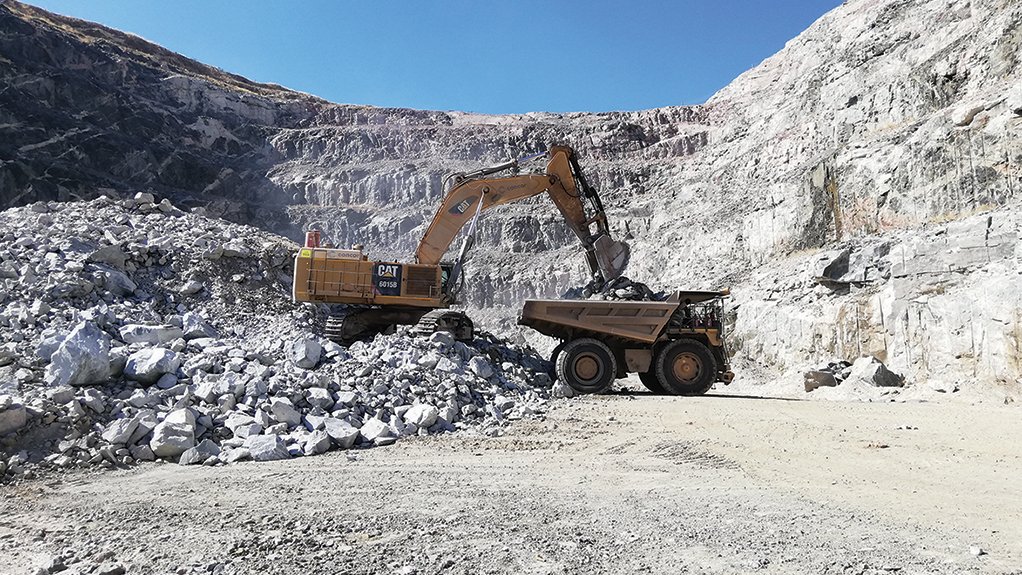
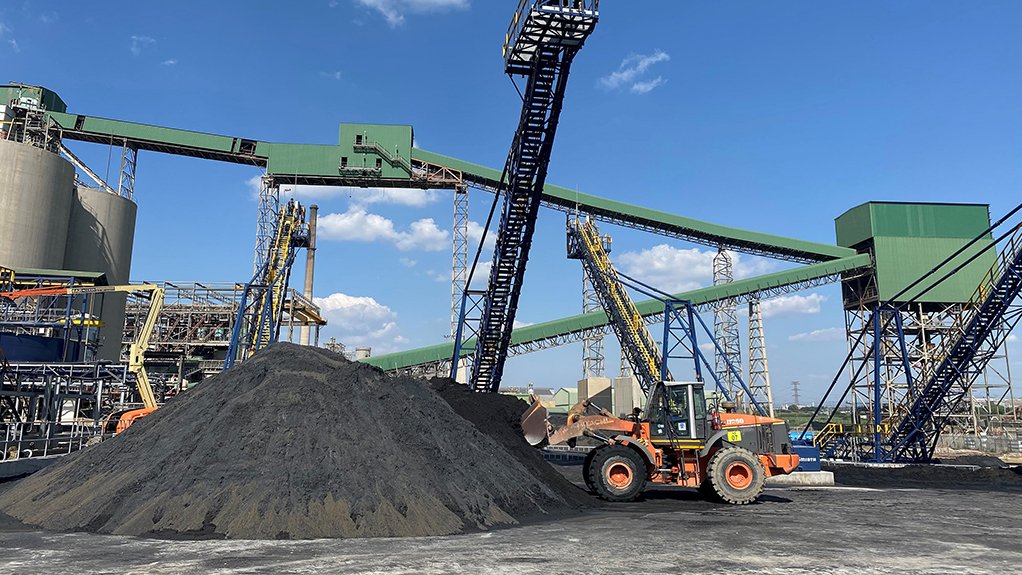
As more companies pivot to contract work in opencast mining, the BCCEI reminds all load-and-haul contractors that registration is a legal requirement under civil engineering regulations
Even when operating on mines, activities like excavation, hauling and dust suppression fall under the BCCEI’s scope and require full compliance
Registration with the BCCEI is not optional - it ensures legal compliance, labour stability and access to sector-wide benefits for contractors
The BCCEI plays a critical role in protecting fair labour practices by levelling the playing field through centralised bargaining and dispute resolution
Contractors who earn a fee but have no financial stake in the minerals extracted must be registered with the BCCEI to remain compliant with labour legislation
Designated agents from the BCCEI are available nationwide to help contractors assess their obligations and guide them through the registration process
As South Africa’s mining and civil engineering sectors continue to navigate economic uncertainty, many companies with loading and hauling capabilities are pivoting to offer their services as contractors to opencast mining operations. While this shift has opened up new opportunities, it also comes with legal and regulatory obligations - most notably, the need to register with the Bargaining Council for the Civil Engineering Industry (BCCEI).
“This load-and-haul work even though being done on mines is not considered mining; it is considered civil engineering work,” explains Brian Ngubane, Senior Designated Agent at the BCCEI. “Any company undertaking this type of work is required by law to register with the BCCEI in order to remain compliant.”
The BCCEI is a statutory body established in terms of the Labour Relations Act (LRA), mandated to regulate conditions of employment and labour relations in the civil engineering industry. Its scope of application - determined by the National Economic Development and Labour Council (NEDLAC) and recognised by the Department of Employment and Labour - covers a wide range of mining-related tasks. These include the excavating, loading, hauling and dumping of mineralised or waste material, bulk earthworks, topsoil stripping, drilling, blasting and road construction and maintenance.
“The scope also extends to services like dust suppression, stockpiling, pumping and dewatering of stormwater and contaminated water, rehabilitation of waste dumps and earthwork areas, topsoil spreading, hydro-seeding and watering,” Ngubane adds. “All these activities fall squarely within the definition of civil engineering under the jurisdiction of the BCCEI.”
Importantly, this requirement only applies to contractors who are paid a fee for their services whether on a monthly basis or calculated tonne moved - and who do not have a direct financial interest in the minerals being extracted.
“Often these companies are hired to move material on behalf of the mine, but they don’t share in the mine’s profits or revenues,” says Ngubane. “That’s when BCCEI registration becomes mandatory.”
A key point, he stresses, is that registration is not optional. “If your work falls within the scope of the BCCEI, you are legally required to join. But what many don’t realise is that this registration brings real value - both to the company and to the broader industry sector.”
One of the BCCEI’s core functions is to facilitate collective bargaining on behalf of employers and employees, ensuring sector-wide wage agreements and employment conditions that promote stability and predictability. This is especially helpful for smaller contractors who may not have the capacity to negotiate complex labour agreements independently.
“Through our centralised bargaining process, we help create a level playing field,” says Ngubane. “This ensures that companies who offer fair wages and benefits are not undercut by those who exploit workers to win tenders.”
Beyond bargaining, the BCCEI also provides accredited dispute resolution services and supports the implementation of industry-wide agreements. The compliance department, through its designated agents, assists in reducing the risk of labour unrest - vital for both private contractors and the mines they serve.
“The BCCEI brings together employer organisations like SAFCEC and CEO and trade unions such as NUM and BCAWU,” says Ngubane. “This structure leverages the experience and knowledge of the parties who have a clear and in-depth understanding of the industry to develop agreements that are practical, enforceable and beneficial to all parties.”
He adds that the BCCEI also engages in regular dialogue on sector-wide issues and provides access to employee benefits such as retirement funds, medical aid and funeral cover, though these are managed independently.
For those unsure about their legal obligations, the BCCEI’s designated agents across the country are on hand to assist. “Our agents are industry experts and can advise companies on whether they fall within the BCCEI’s scope,” says Ngubane. “They also guide new members through the registration process and explain the range of services and benefits available.”
With the trend of outsourcing civil functions in mining expected to continue, the BCCEI is urging all contractors operating on mines to clarify their position and register where applicable.
“Complying with the BCCEI is not just a legal requirement - it is an investment in fair labour practices, operational stability and long-term success,” Ngubane concludes.
Article Enquiry
Email Article
Save Article
Feedback
To advertise email advertising@creamermedia.co.za or click here
Press Office
Announcements
What's On
Subscribe to improve your user experience...
Option 1 (equivalent of R125 a month):
Receive a weekly copy of Creamer Media's Engineering News & Mining Weekly magazine
(print copy for those in South Africa and e-magazine for those outside of South Africa)
Receive daily email newsletters
Access to full search results
Access archive of magazine back copies
Access to Projects in Progress
Access to ONE Research Report of your choice in PDF format
Option 2 (equivalent of R375 a month):
All benefits from Option 1
PLUS
Access to Creamer Media's Research Channel Africa for ALL Research Reports, in PDF format, on various industrial and mining sectors
including Electricity; Water; Energy Transition; Hydrogen; Roads, Rail and Ports; Coal; Gold; Platinum; Battery Metals; etc.
Already a subscriber?
Forgotten your password?
Receive weekly copy of Creamer Media's Engineering News & Mining Weekly magazine (print copy for those in South Africa and e-magazine for those outside of South Africa)
➕
Recieve daily email newsletters
➕
Access to full search results
➕
Access archive of magazine back copies
➕
Access to Projects in Progress
➕
Access to ONE Research Report of your choice in PDF format
RESEARCH CHANNEL AFRICA
R4500 (equivalent of R375 a month)
SUBSCRIBEAll benefits from Option 1
➕
Access to Creamer Media's Research Channel Africa for ALL Research Reports on various industrial and mining sectors, in PDF format, including on:
Electricity
➕
Water
➕
Energy Transition
➕
Hydrogen
➕
Roads, Rail and Ports
➕
Coal
➕
Gold
➕
Platinum
➕
Battery Metals
➕
etc.
Receive all benefits from Option 1 or Option 2 delivered to numerous people at your company
➕
Multiple User names and Passwords for simultaneous log-ins
➕
Intranet integration access to all in your organisation












